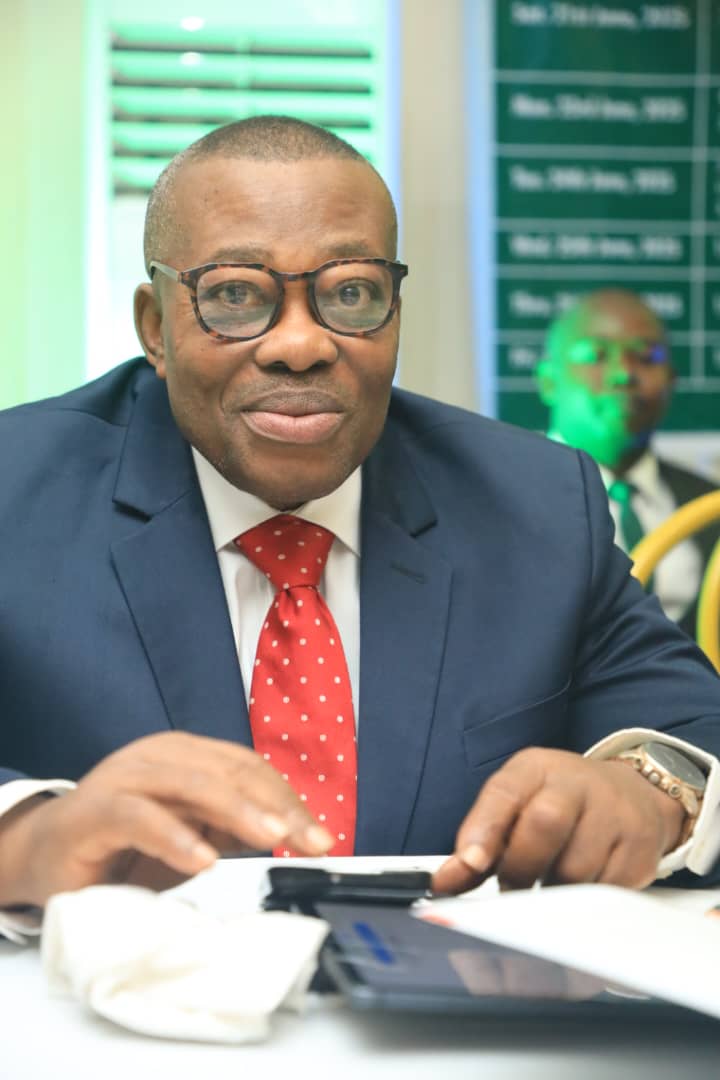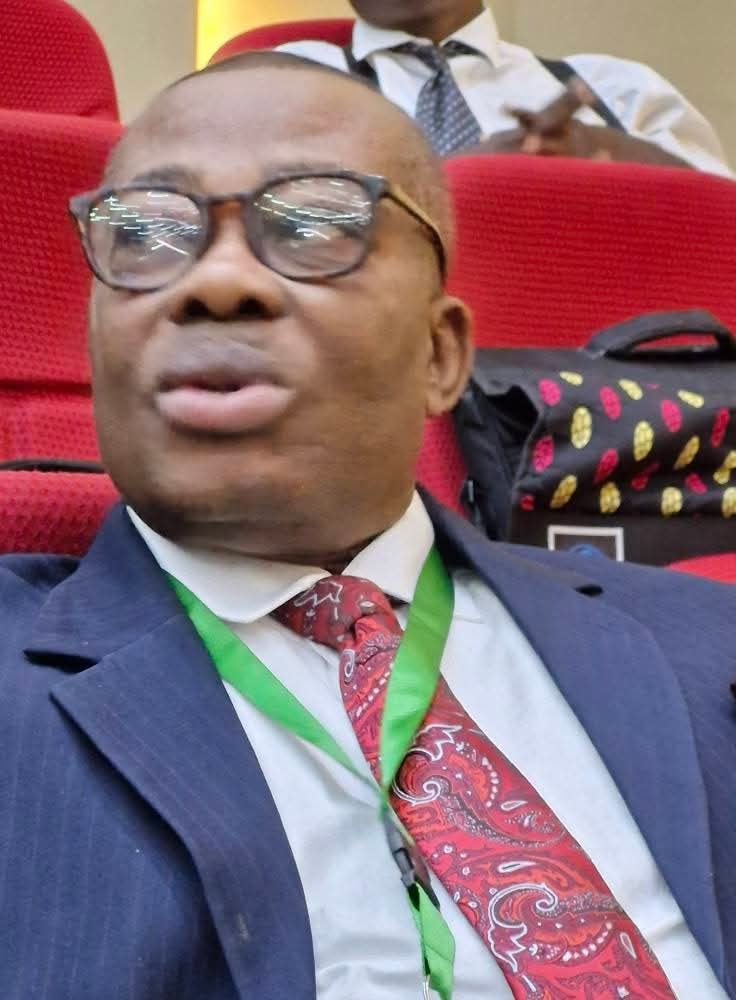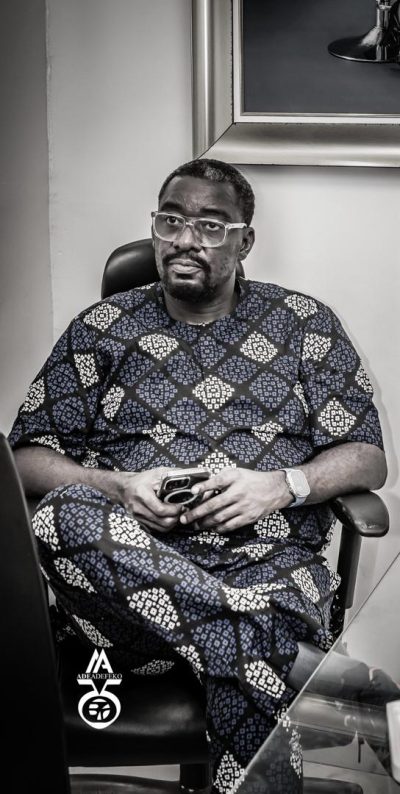ABA—Former Vice President of the Nigerian Bar Association, NBA, and Senior Advocate of Nigeria, Dr. Monday Onyekachi Ubani, has raised an urgent call for comprehensive reforms in the judiciary to avert what he described as an impending institutional crisis.
Delivering the keynote address at the NBA Aba Branch 2025 Law Week titled “The Strength of the Judiciary: People’s Confidence, Glory Foretold or Disaster Waiting to Happen?”, Dr. Ubani painted a stark picture of a judiciary oscillating between historic grandeur and a looming credibility collapse.
Glory Foretold
Tracing Nigeria’s judicial legacy, Ubani highlighted landmark judgments that once defined the judiciary as a courageous pillar of democracy. Among them were Fawehinmi v. Abacha, which affirmed the supremacy of the Constitution under military rule; INEC v. Musa, which preserved multi-party democracy; and Attorney General Lagos v. AG Federation, which fortified state autonomy.
“These decisions were not just legal victories,” Ubani said. “They signified moments when the judiciary spoke truth to power and championed the rule of law.”
He also cited Odafe v. AG Federation on prisoners’ rights and Uzoukwu v. Ezeonu on the enforcement of fundamental rights as examples of a judiciary once committed to advancing liberty and justice for all.
Confidence Fading
Despite these victories, Ubani lamented the erosion of public trust in the judicial system, saying, “A judiciary without the confidence of the people is like a fortress built on sand.”
According to him, fair hearing as enshrined in Section 36 of the Constitution is increasingly undermined by systemic delays and political interference. Citing a 2023 National Judicial Council (NJC) report, he revealed that over 70% of prison inmates remain awaiting trial, a grim indicator of justice denied.
“Litigants now see the courtroom not as a sanctuary of justice but as a theatre of prolonged uncertainty,” he warned.
He also criticized selective law enforcement and politically tainted judgments, especially in electoral matters, which he said have left Nigerians questioning whether justice is truly blind.
Institutional Weaknesses and Interference
Ubani did not shy away from pointing fingers at structural inefficiencies and executive overreach.
He recalled the 2019 suspension of Chief Justice Walter Onnoghen without NJC recommendation as a blow to judicial independence. “It signalled executive intrusion into a sacred domain,” he said.
Citing JUSUN v. AG Federation, he said that despite constitutional provisions for financial autonomy, state governments continue to strangle the judiciary by withholding funds. “How can an arm of government function independently when it is financially starved?” he queried.
Ubani also raised concern over the flawed appointment system, often influenced by ethnicity and politics, and the lack of transparency in disciplining erring judges. “Discipline is essential, but secrecy breeds suspicion,” he said.
A Judiciary Under Siege
The senior advocate further decried the assault on courts by security agents and the emergence of contradictory ex parte orders, warning that these developments erode the judiciary’s credibility.
He cited the 2019 invasion of Justice Ijeoma Ojukwu’s courtroom and the multiple conflicting injunctions issued by courts in Port Harcourt, Abuja, and Kebbi as troubling signs of a judiciary under siege.
Reform as Redemption
Offering a roadmap for redemption, Ubani advocated sweeping reforms including the establishment of fast-track courts, adoption of ADR mechanisms, and full digitization of court processes.
He called for merit-based judicial appointments and regular training in emerging legal fields such as cyber law, environmental law, and artificial intelligence.
Financial autonomy, he stressed, must go beyond policy pronouncements to full implementation of Executive Order 10 of 2019.
On public engagement, Ubani urged the judiciary to embrace transparency by publishing judgments promptly and live-streaming high-profile cases to demystify the legal process.
“The media must report with responsibility; civil society must advocate without undermining the Bench,” he said, urging citizens to support, not sabotage, the system.
Between Glory and Collapse
In conclusion, Ubani declared that the judiciary now stands at a historic crossroads. “It can either collapse under the weight of interference and internal decay or rise again to its foretold glory.”
Quoting poetically, he added, “When the judiciary speaks, the nation must hear justice—not whispers of compromise.”
The keynote speech has since sparked intense debate within legal and civil society circles, with many echoing the urgency of reform and the need to restore dignity to Nigeria’s courts.



